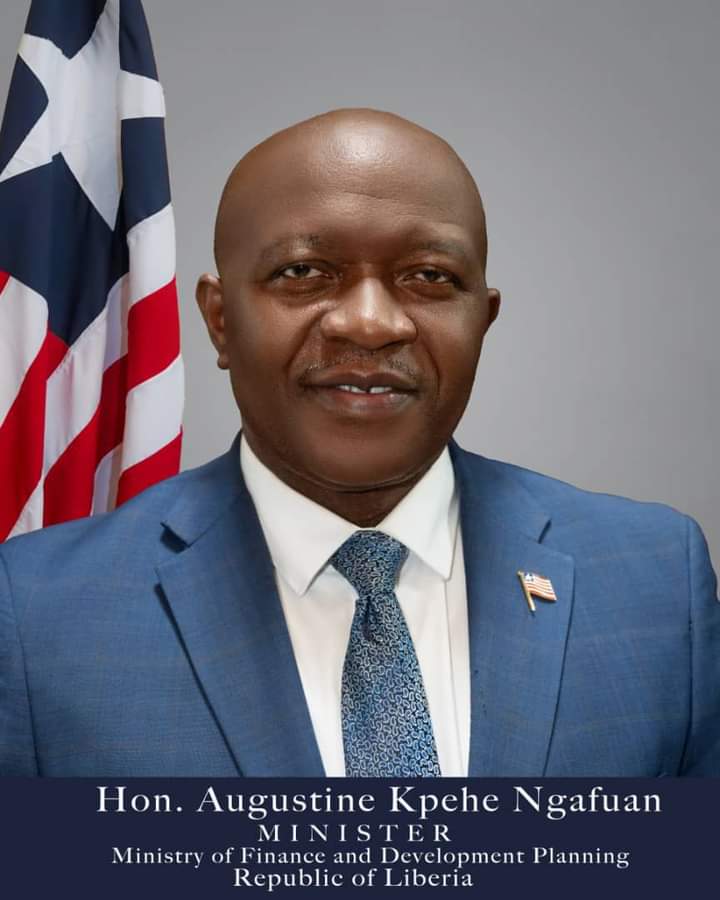Monrovia, Liberia – Liberia’s Finance Minister, Augustine Ngafuan, has revealed that the United States Agency for International Development (USAID) has frozen or canceled several development projects worth approximately $51 million, affecting critical sectors including health, education, elections, and domestic revenue mobilization.
Speaking before the Liberian Senate Ad Hoc Committee investigating the freeze, Minister Ngafuan stated that the number of affected projects has grown, with three more cancellations confirmed during his testimony. He noted that the situation is evolving rapidly, with ongoing assessments of the implications.
Among the affected projects are the Architecture, Engineering, and Construction Oversight Services for Water and Health Infrastructure, valued at $2.9 million, and a Community-Led Monitoring Project, worth $185,000, which was being implemented through an NGO. A Data Evaluation, Learning, and Technical Assistance (DELTA) Project, designed to improve monitoring and evaluation at the Ministry of Finance, has also been canceled at a cost of $19 million.
One of the largest affected programs is the Education System Strengthening Project, valued at $23.4 million, which aimed to enhance Liberia’s educational sector. Other projects on the list include Elections and Democracy ($15.9 million) and Local Empowerment for Accountability and Decentralization (LEAD) ($17.9 million). Minister Ngafuan revealed that the Liberia Revenue Authority (LRA) was the key beneficiary of the LEAD project, which was instrumental in transitioning Liberia’s tax system from Goods and Services Tax (GST) to Value Added Tax (VAT). USAID was a lead partner in this effort, providing training, technical assistance, and investments in systems.
“The Liberia Revenue Authority is migrating to a new tax regime, and this project was essential in domestic resource mobilization,” Ngafuan explained, emphasizing that the freeze could impact the government’s $1 billion domestic revenue target. The suspension has also raised concerns over job security for professionals working on these projects, with local and international NGOs voicing apprehension over potential layoffs.
Additionally, new cancellations include an $11 million media activity fund that covered immunization and COVID-19 awareness, a $20 million school feeding program, and another $20 million allocated for food security under the Ministry of Agriculture. The school feeding initiative, implemented by NGOs such as Mary’s Meals and Mercy Corps, was expected to provide crucial nutritional support to students across the country.
Minister Ngafuan acknowledged that while some projects remain unaffected, uncertainty looms. “People are spending longer hours in prayer rooms because no one knows which project could be canceled next,” he remarked.
The Senate Ad Hoc Committee is expected to continue its probe into the implications of the fund freeze, while the government engages with its U.S. counterparts to seek clarity on the future of these essential development programs.

